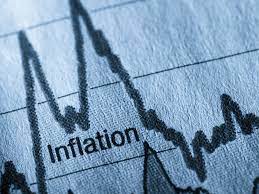Senegal has not been spared the soaring prices of oil and basic commodities, according to Abdou Karim Fofana, Minister of Trade, Consumer Affairs and Small and Medium Enterprises.
By Edouard Touré
To fight inflation caused by the Covid-19 pandemic and the Russia-Ukraine conflict, the Senegalese government has taken many initiatives.
Apart from the implementation of the Economic and Social Resilience Programme (PRES) with a response fund called “Force Covid-19” amounting to 1,000 billion CFA francs to relieve households and businesses, the government has made efforts on the fiscal front to support the private sector.
“And with a view to strengthening social protection and supporting households, the government has released an envelope of 620 billion CFA francs, including: 300 billion in fuel, electricity and gas subsidies by September 30, 2022; 157 billion in foregone tax revenue to avoid the increase in prices of rice, wheat, corn, sugar and oil; 120 billion in salary increases for public employees; 43 billion in cash transfers to support 543. 43 billion in cash transfers to support 543,000 vulnerable families,” explained Abdou Karim Fofana.
Opening the 21st session of the economic meetings of the Senegalese Business Movement (MEDS) on the theme “the resilience of the Senegalese economic fabric,” Fofana said that the government is aware that more needs to be done with the support of the private sector and businesses to succeed in the recovery and adapt to this world of crisis, stressing that “businesses are the solution to this challenge.”
According to Mbagnick Diop, the President of the MEDS, Senegal is at a crossroads politically, economically and socially.
“The resilience of our growth trajectory has significant economic and social consequences. In the long term, the most promising economies are those that have the capacity to cope with economic, human, technical or financial hazards,” he said.
TE/lb/as/APA


